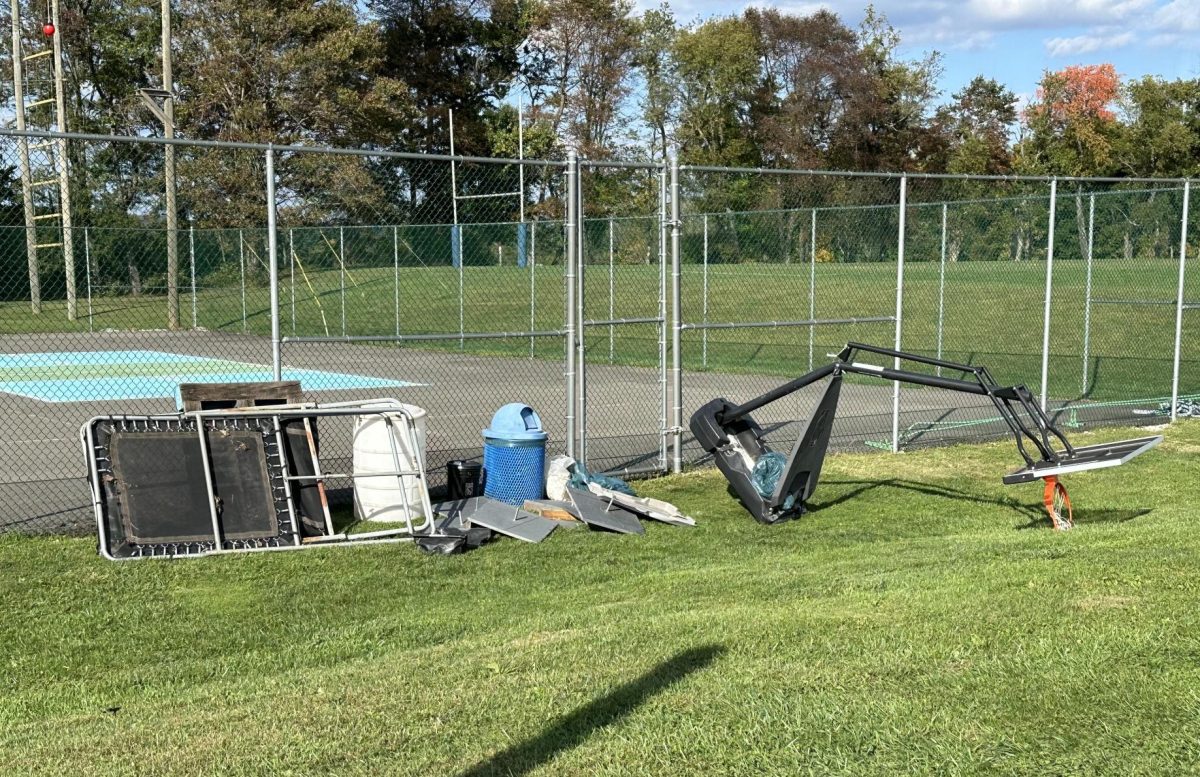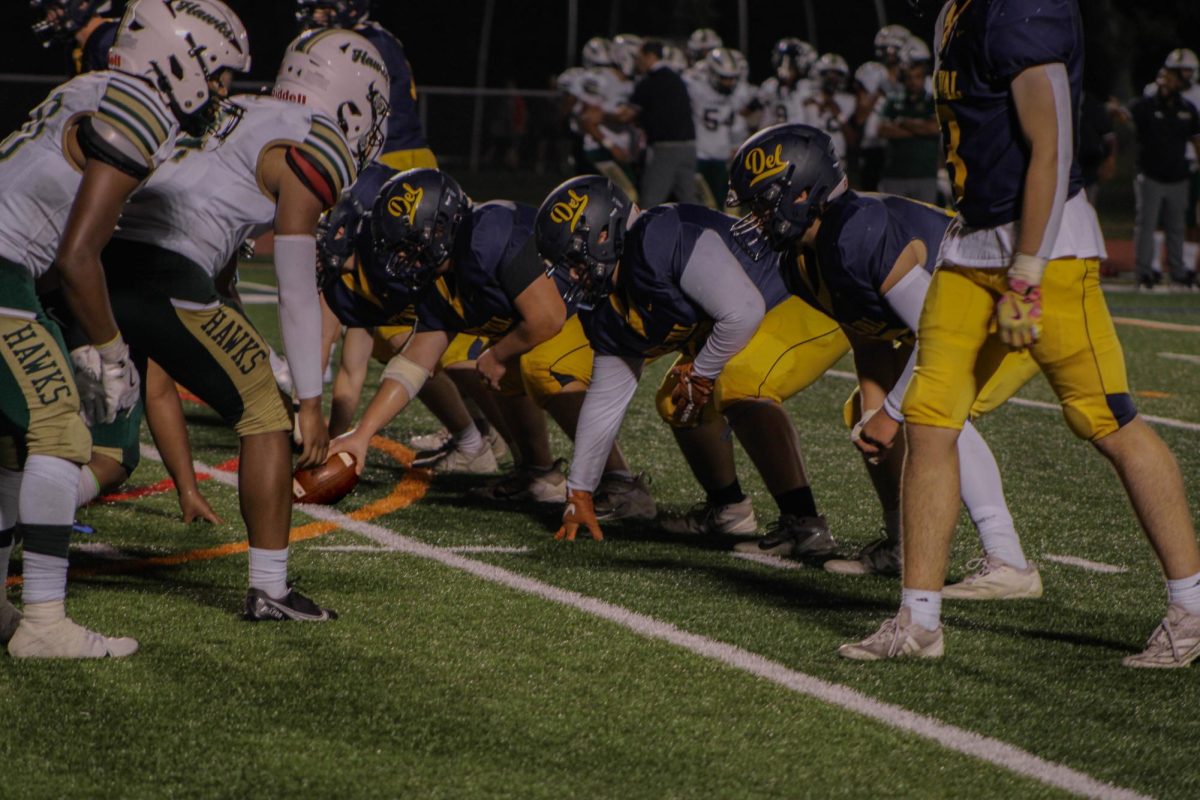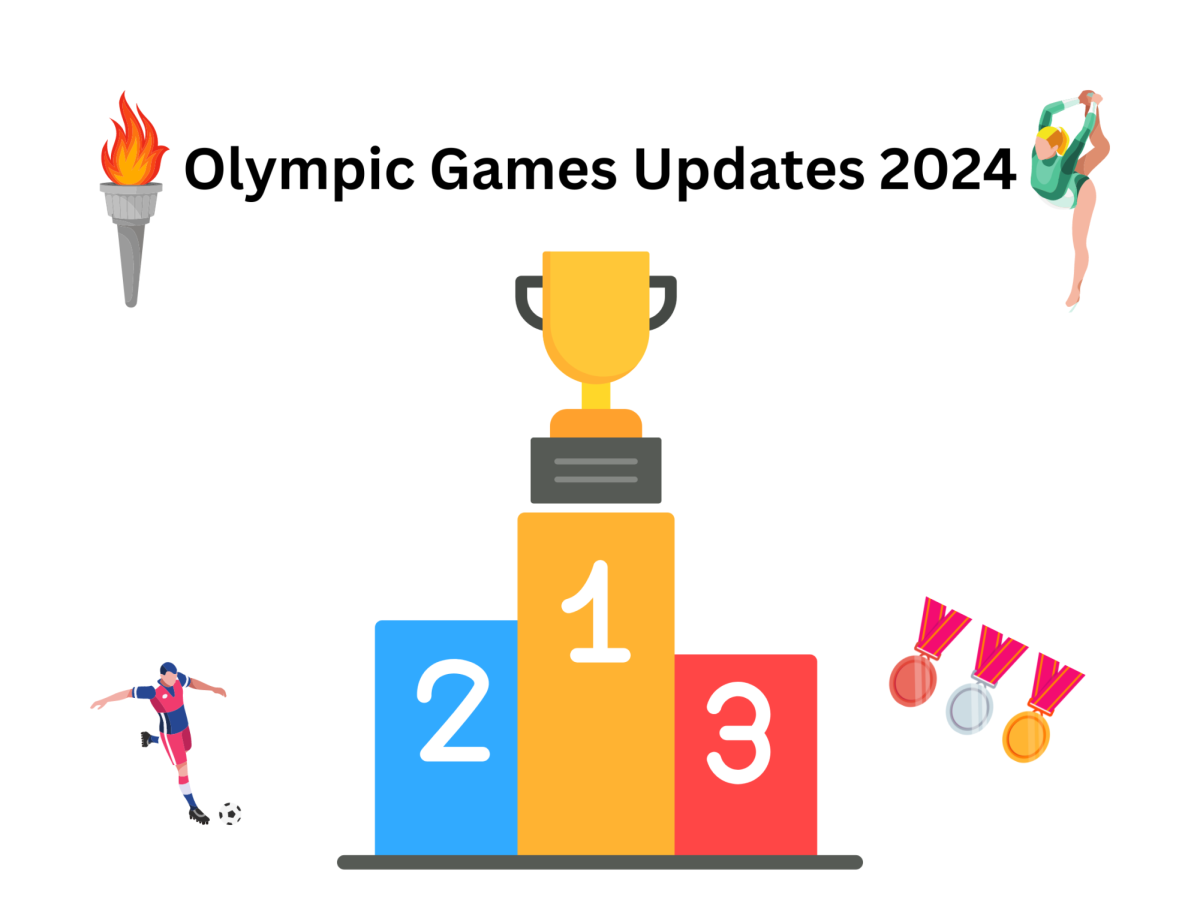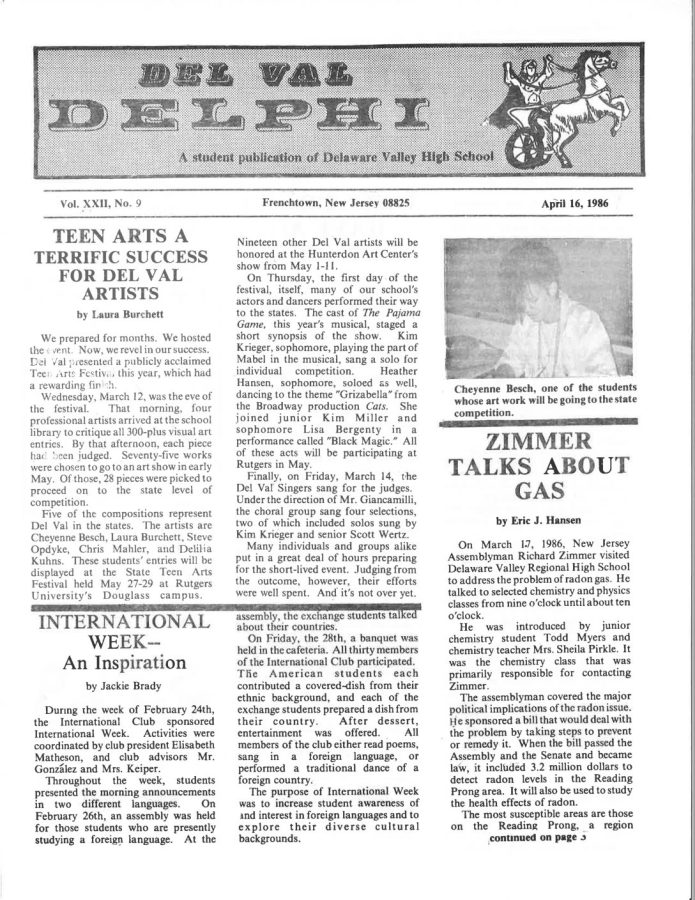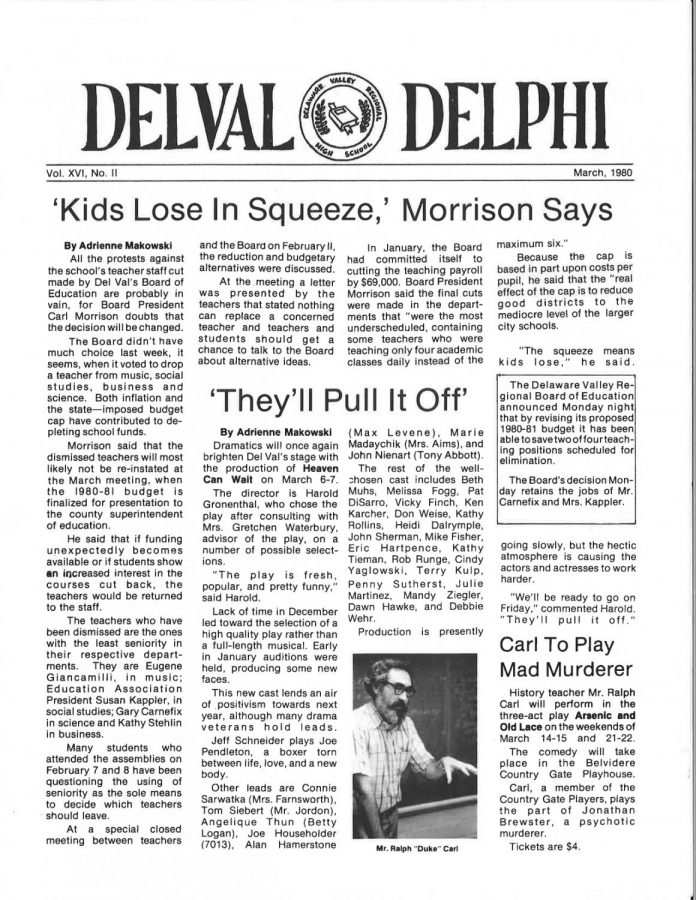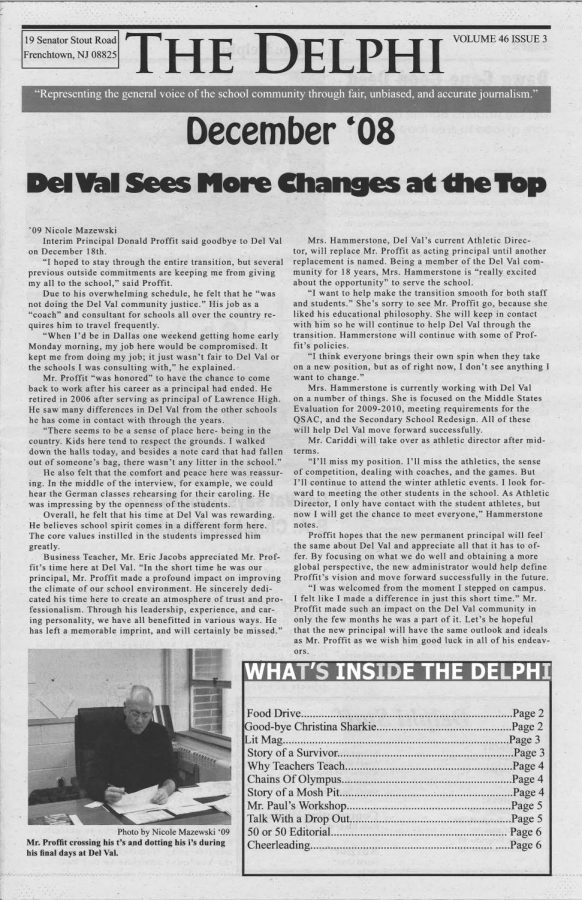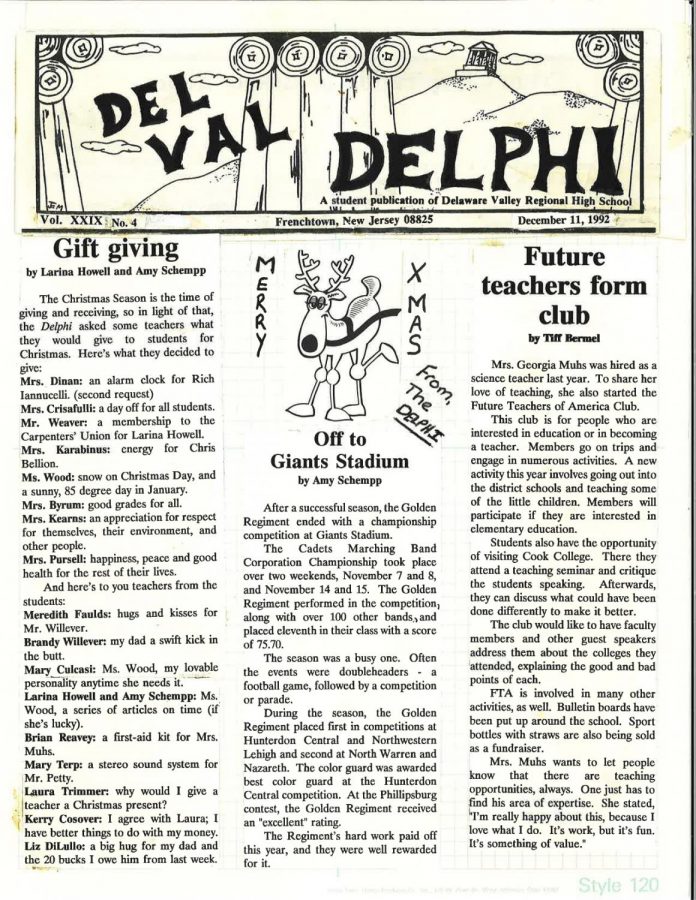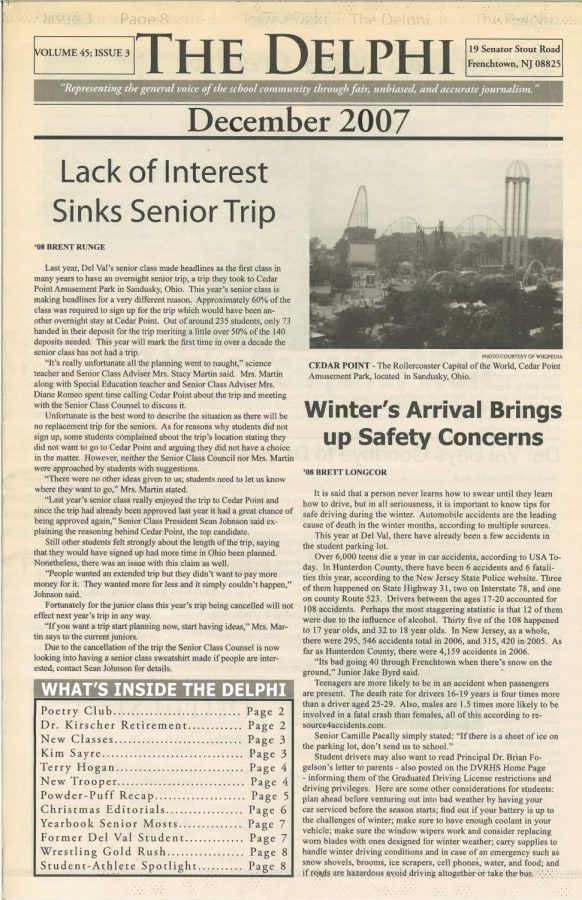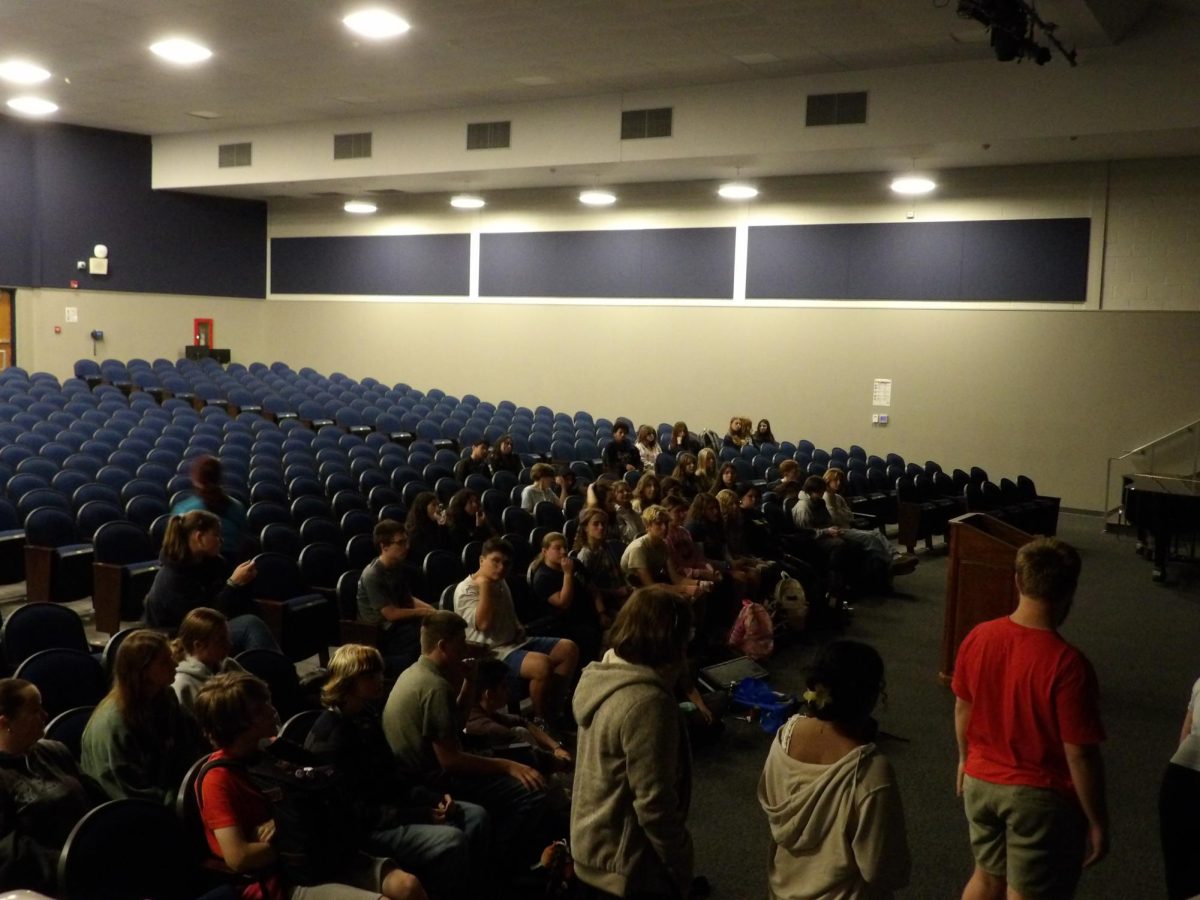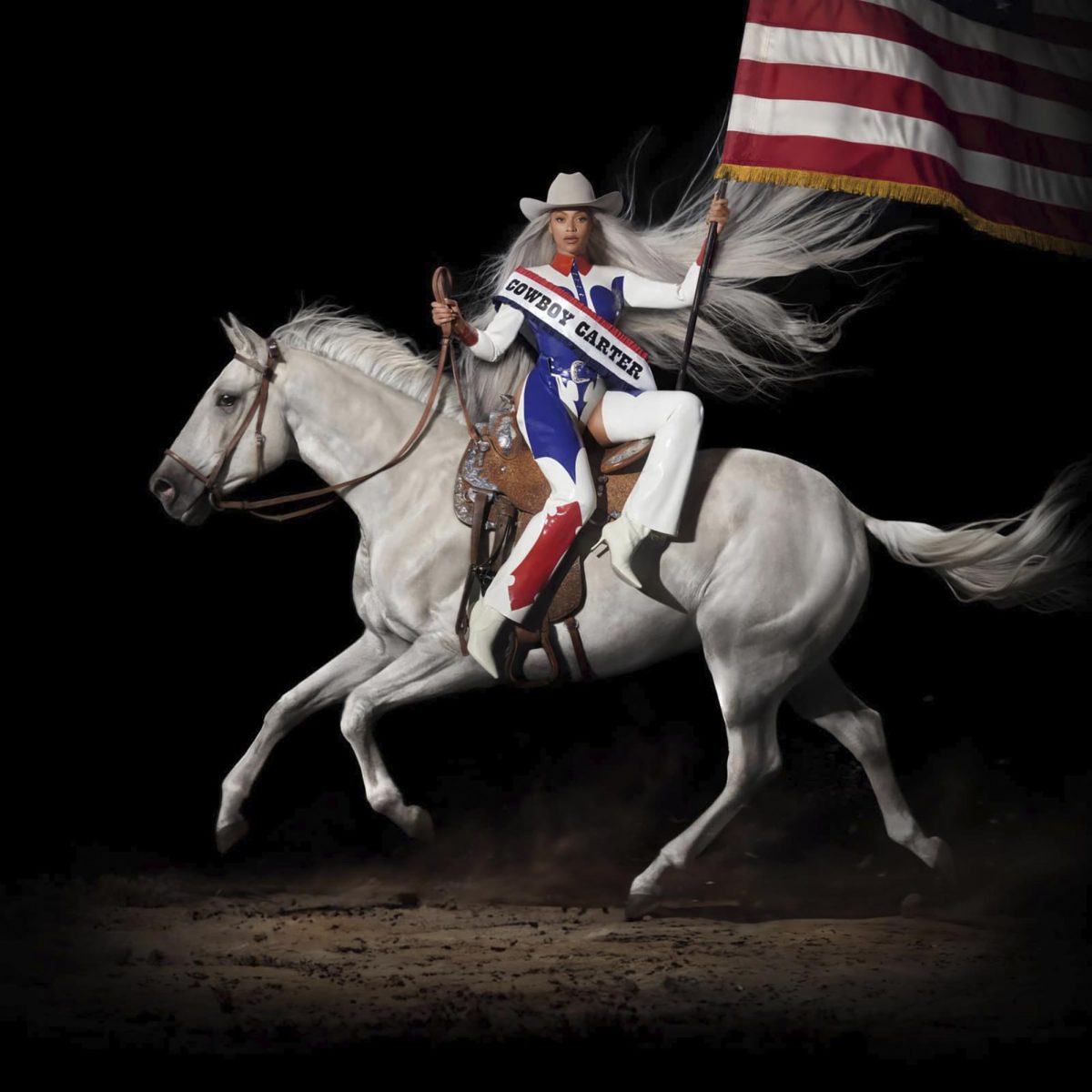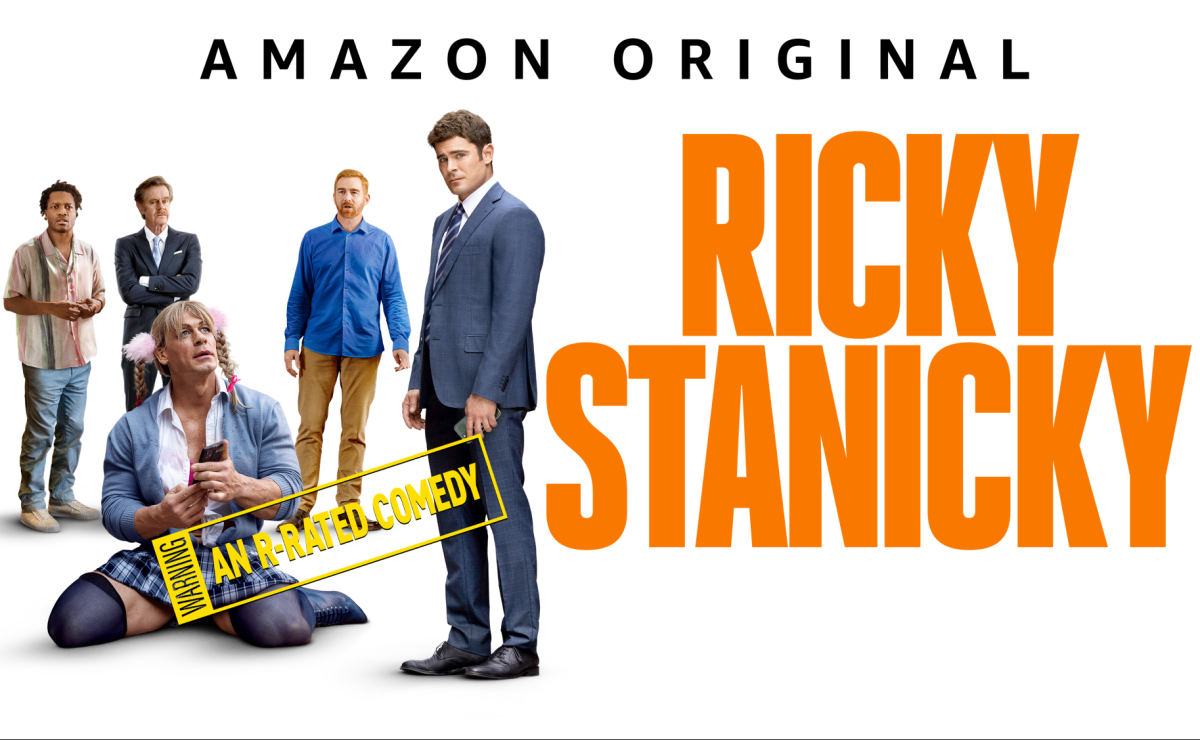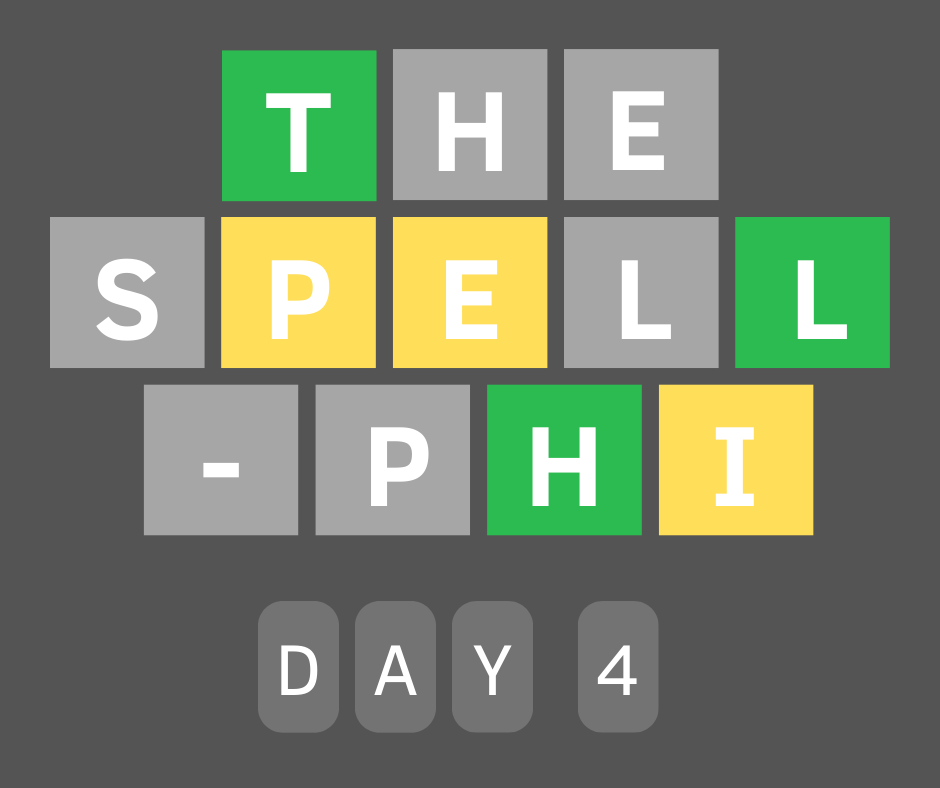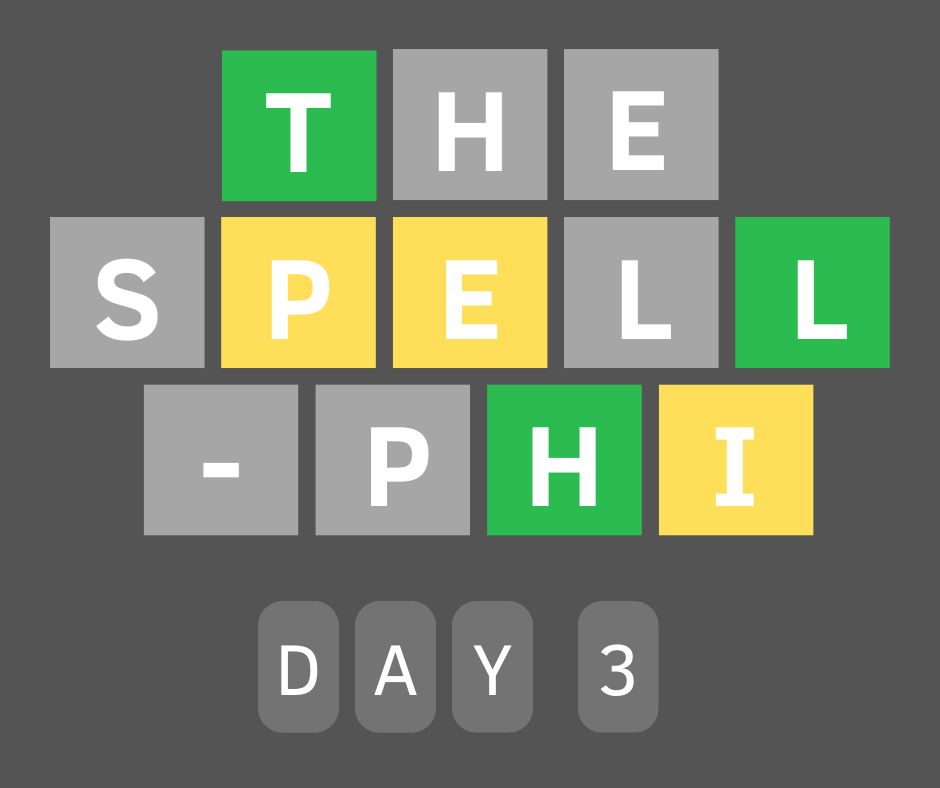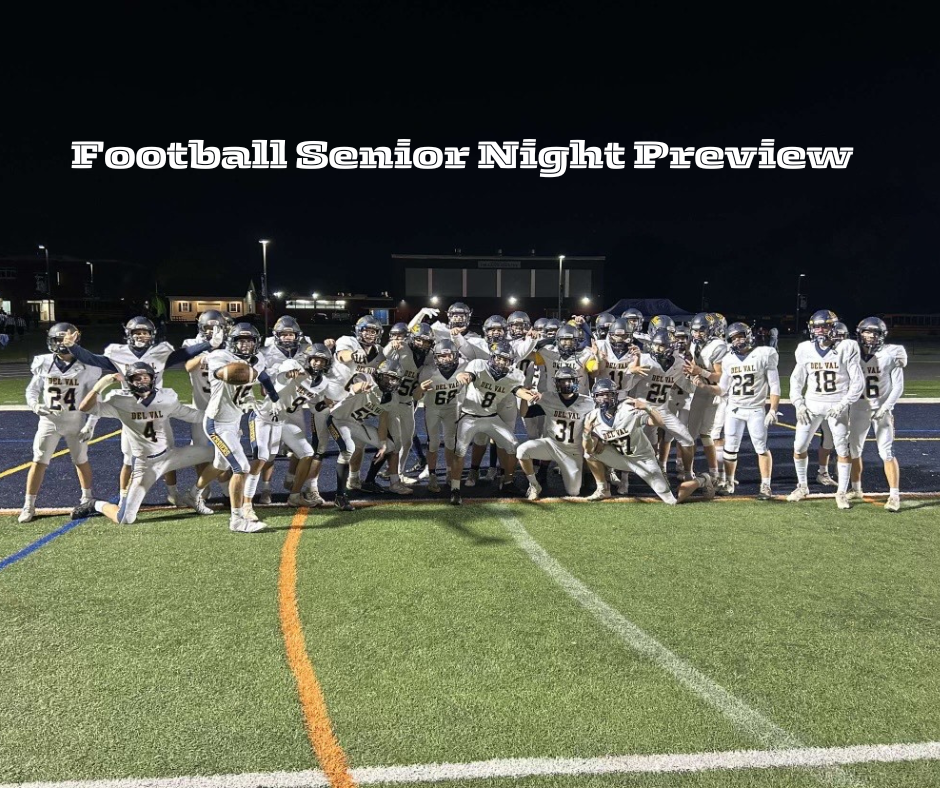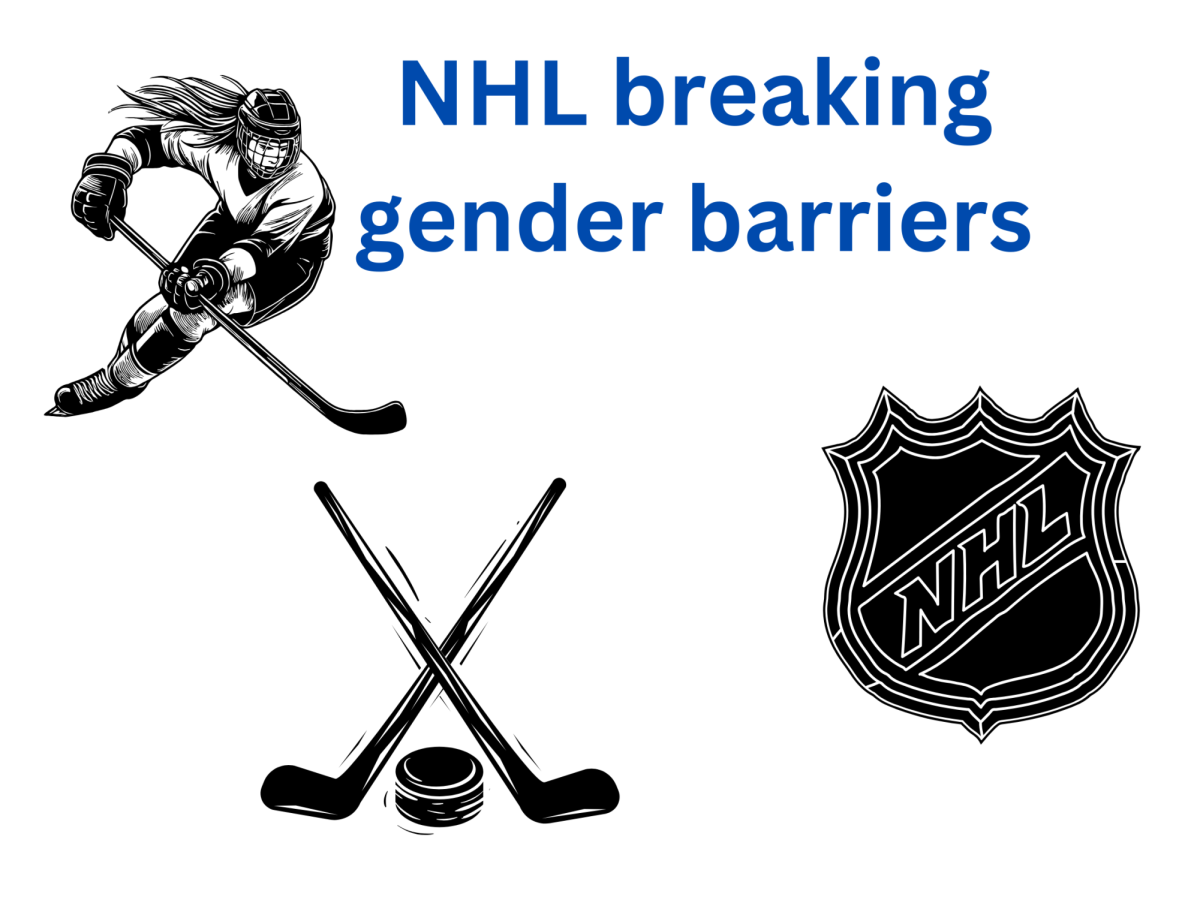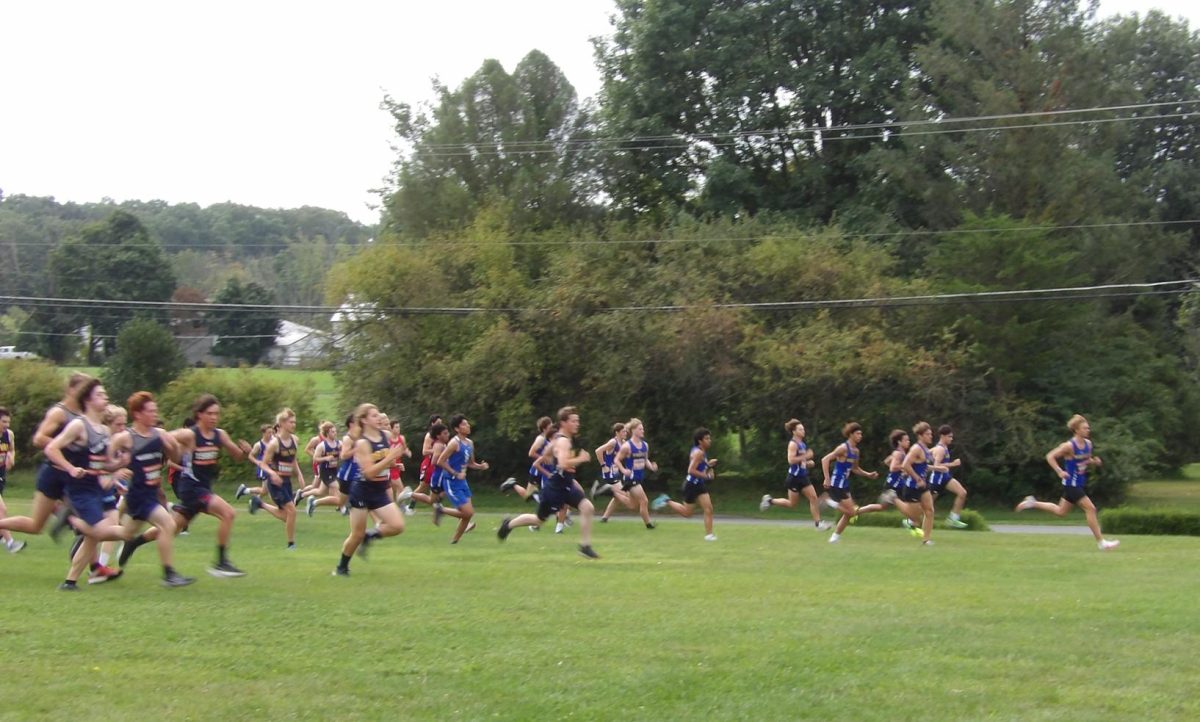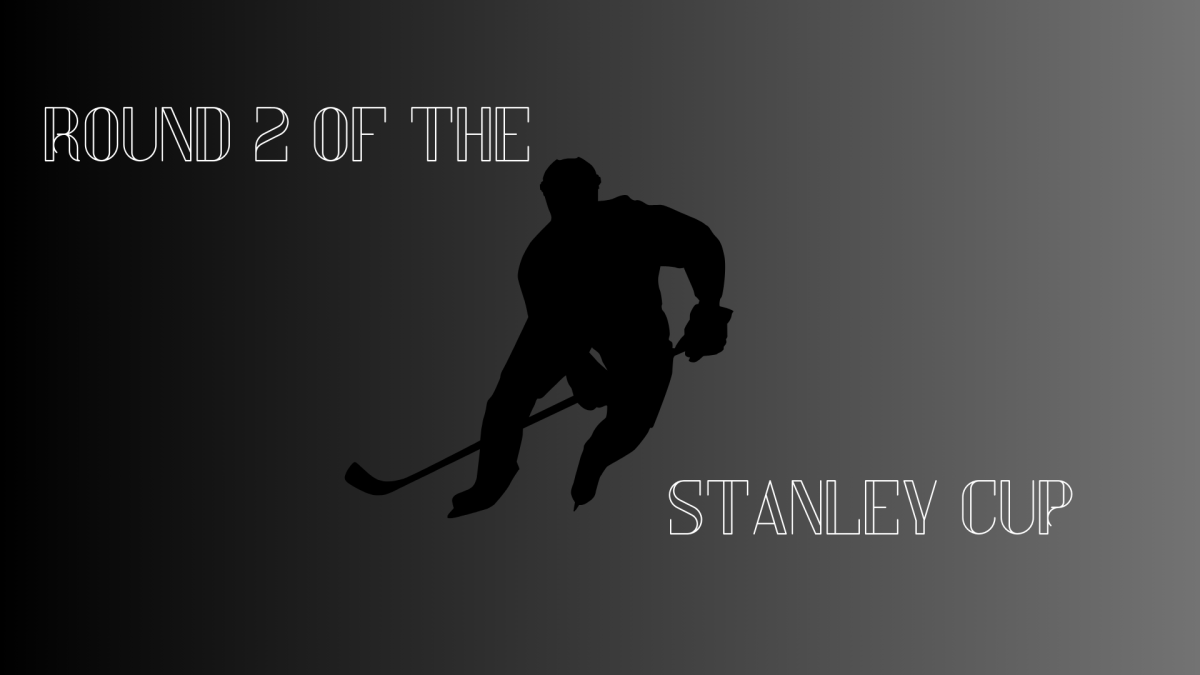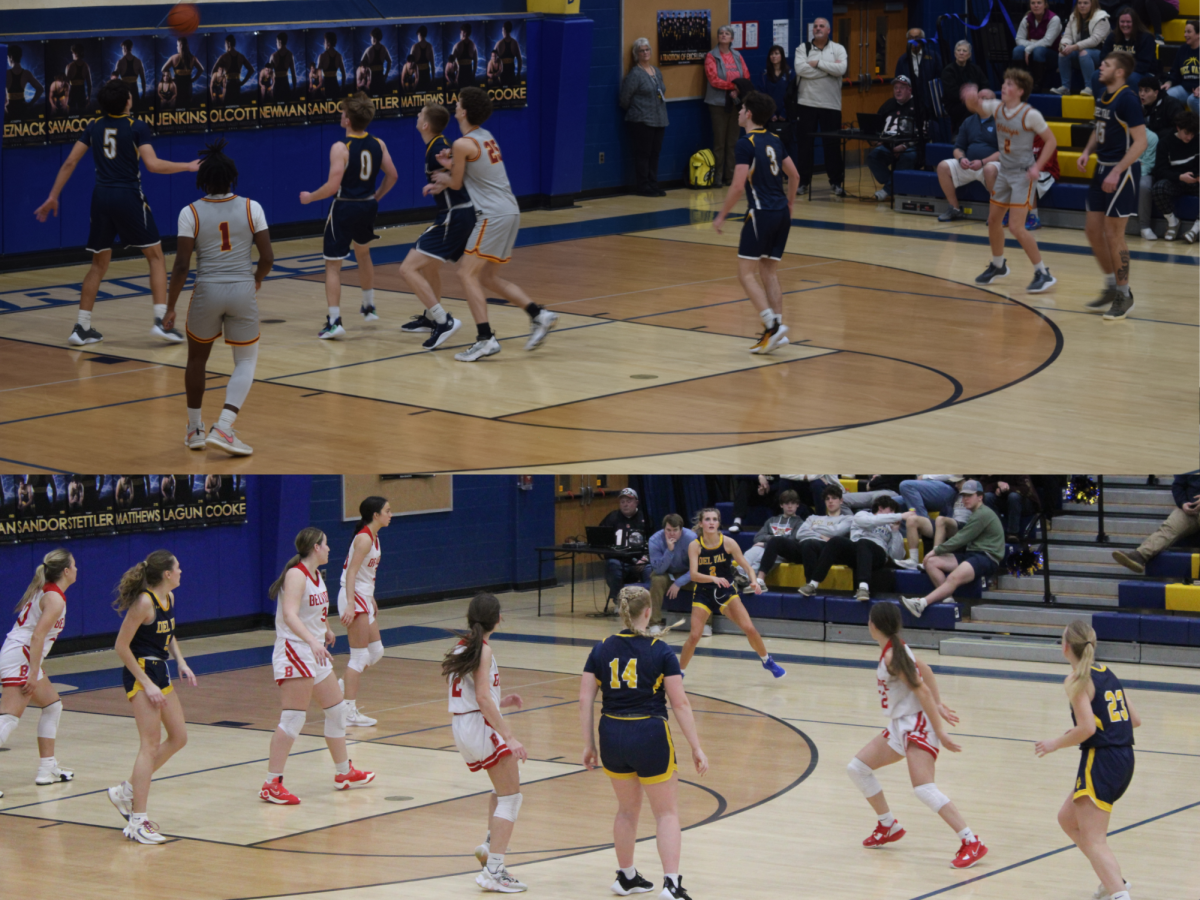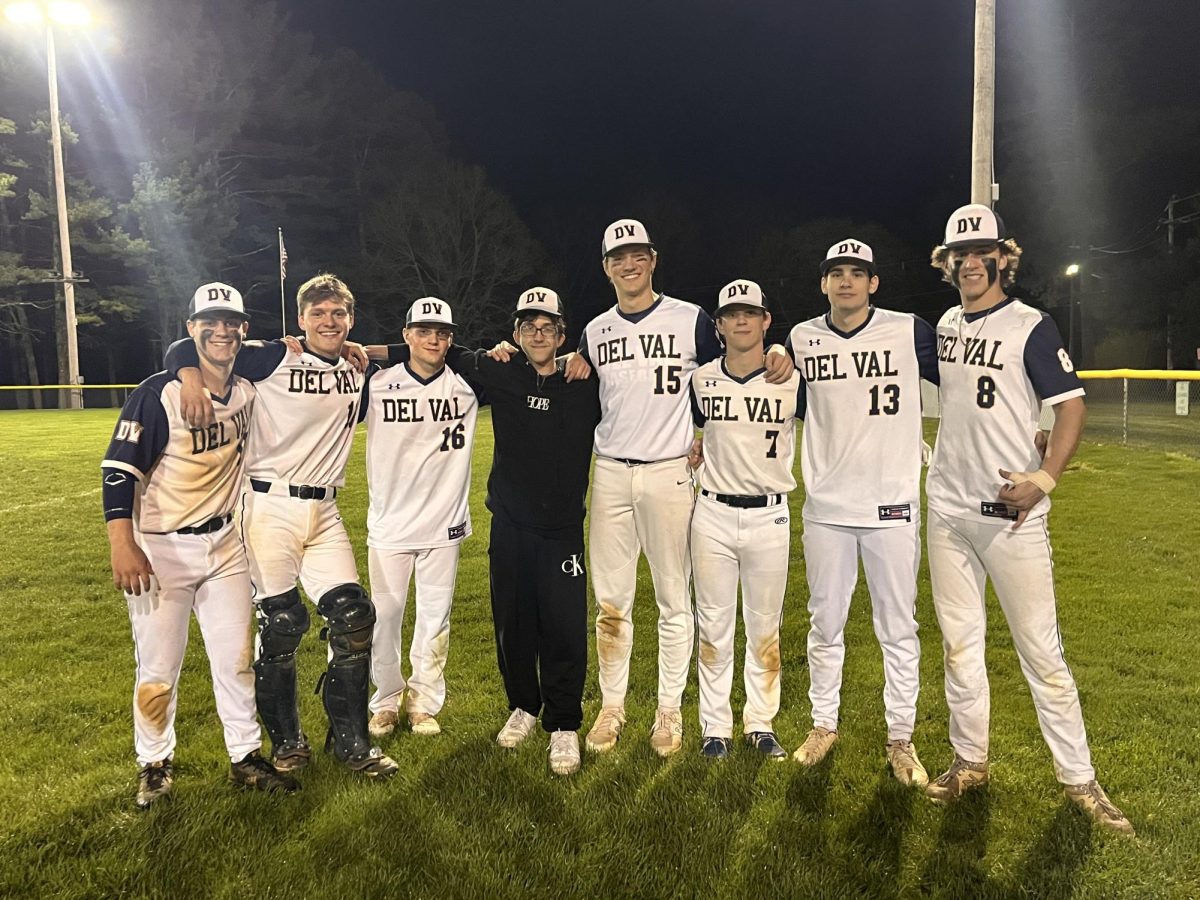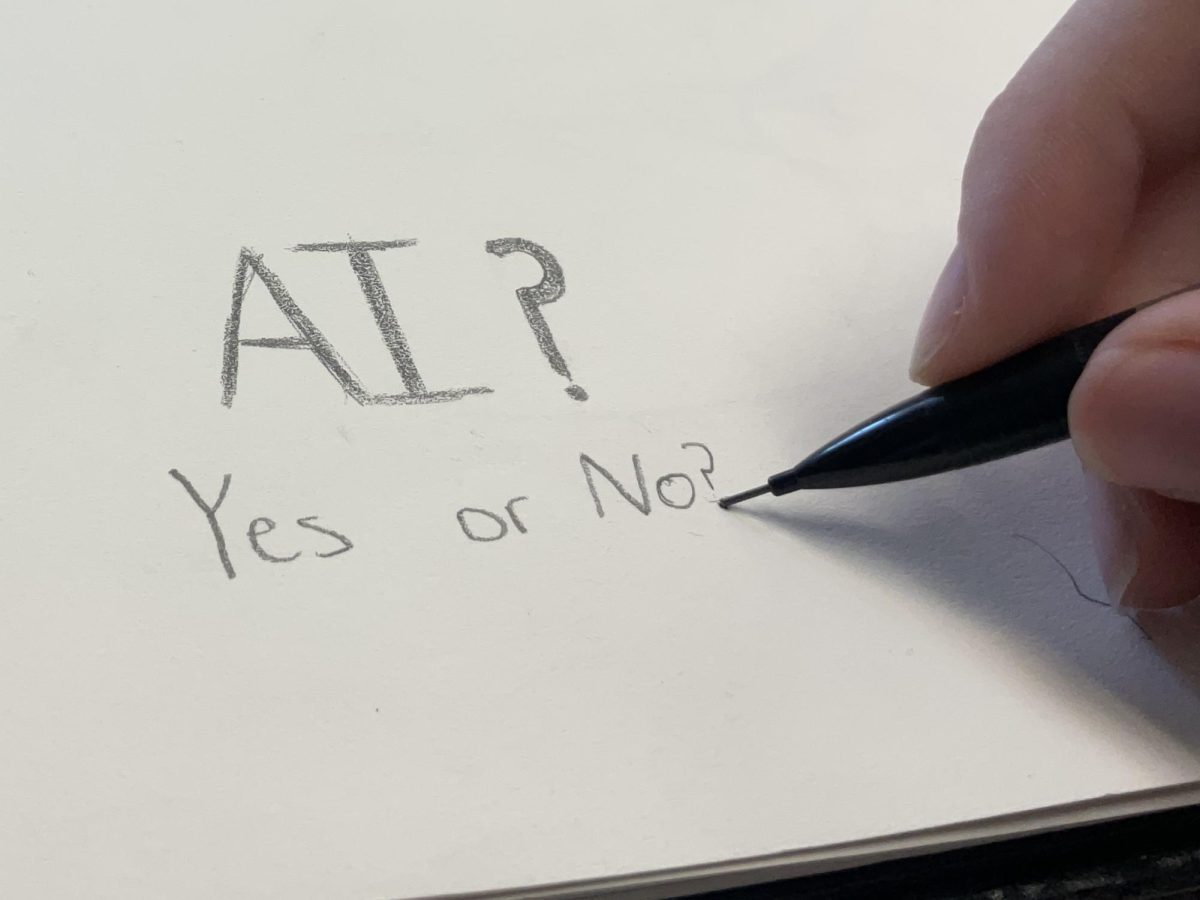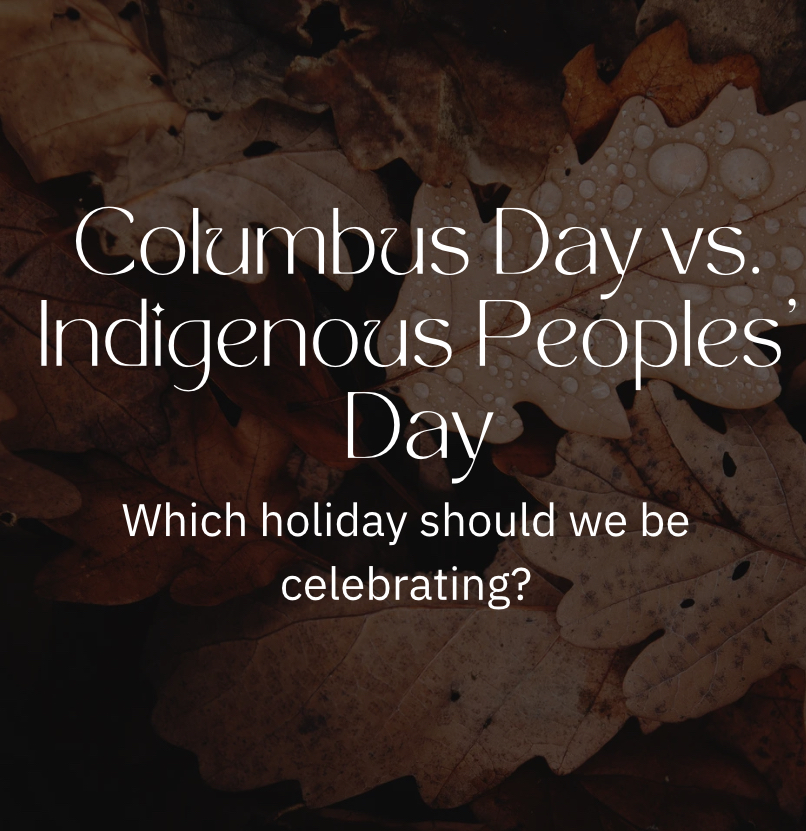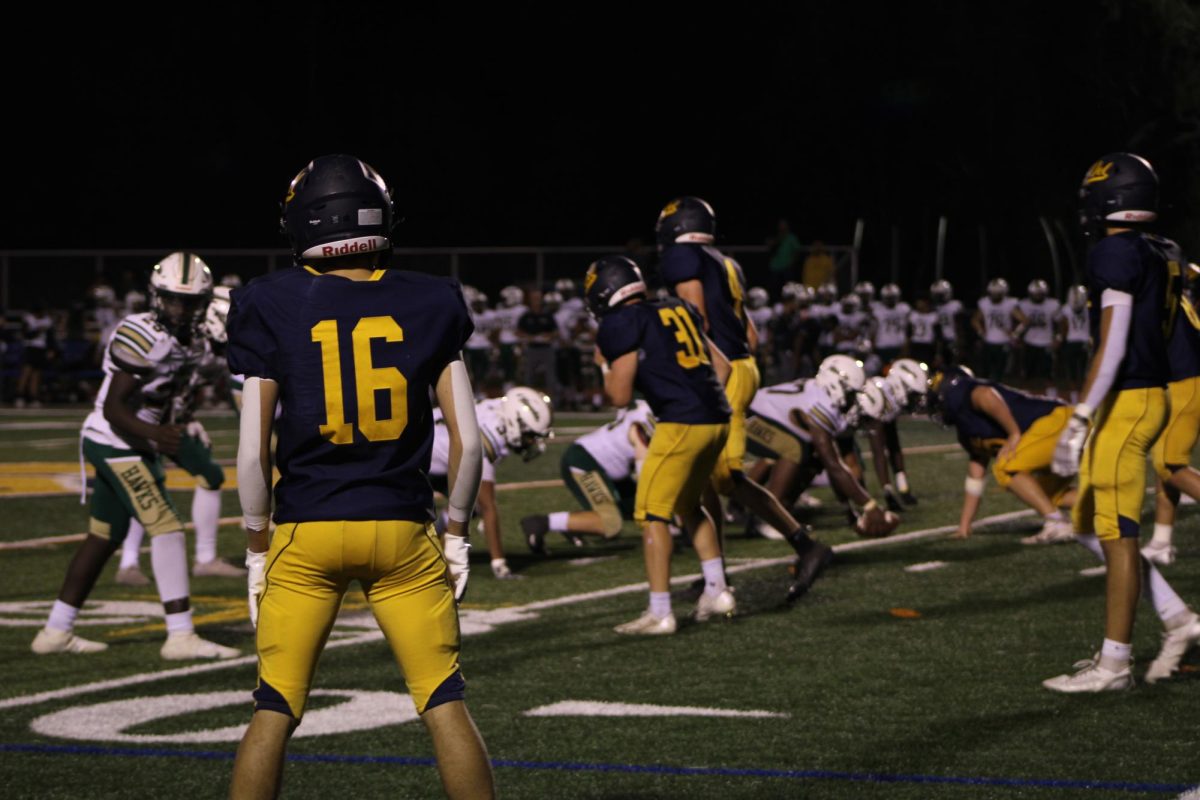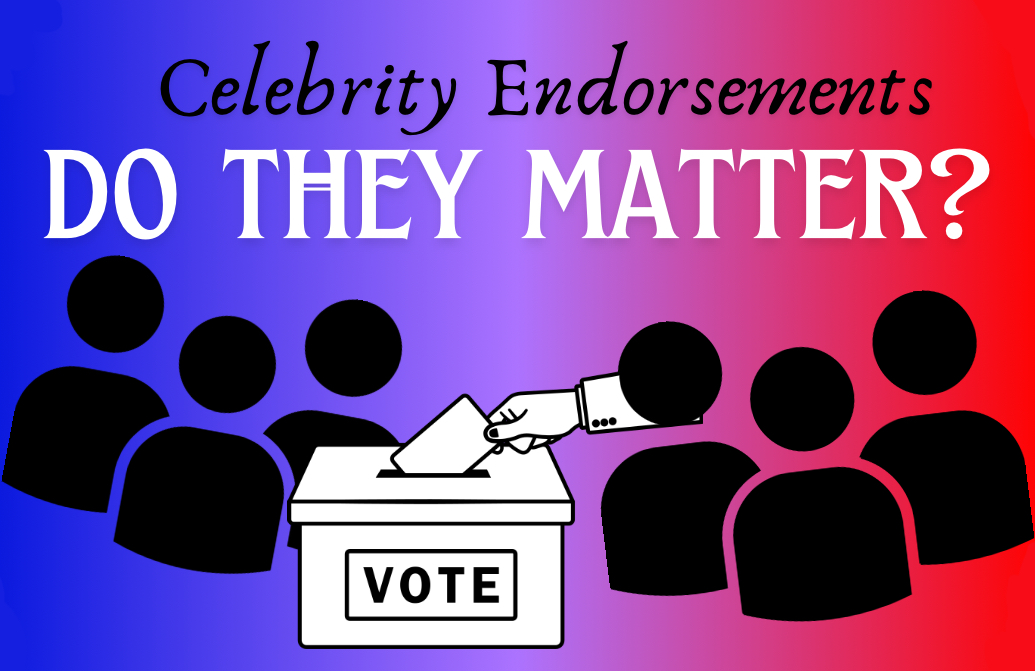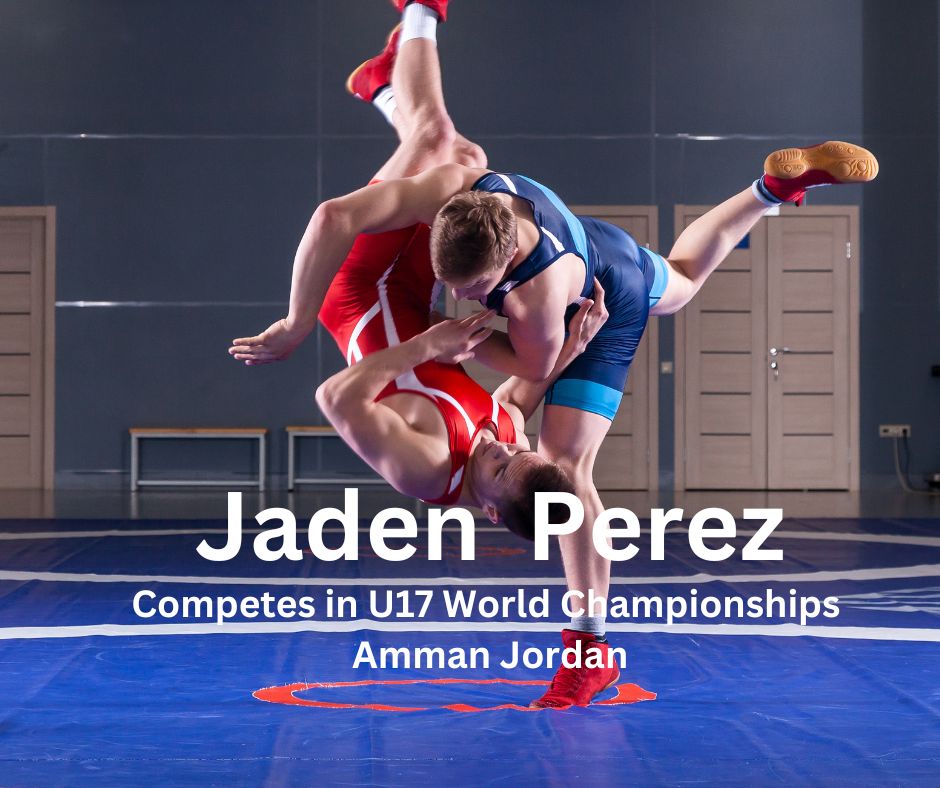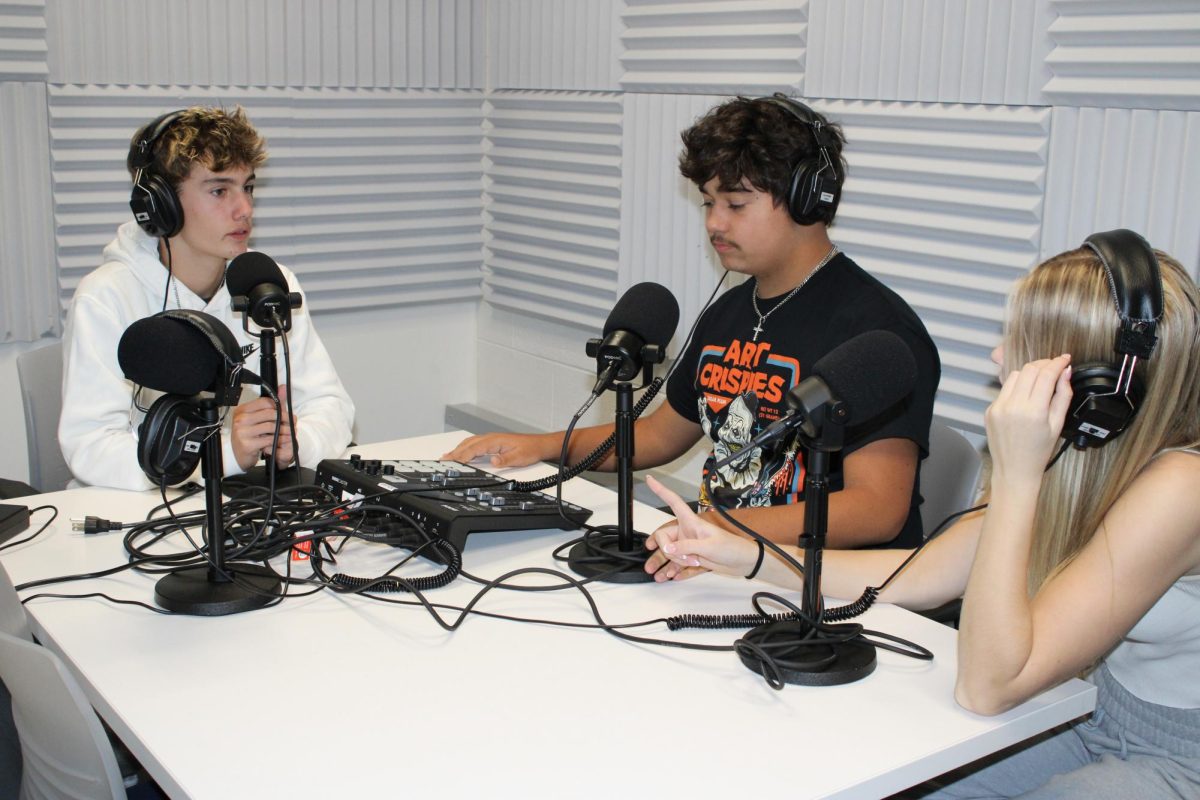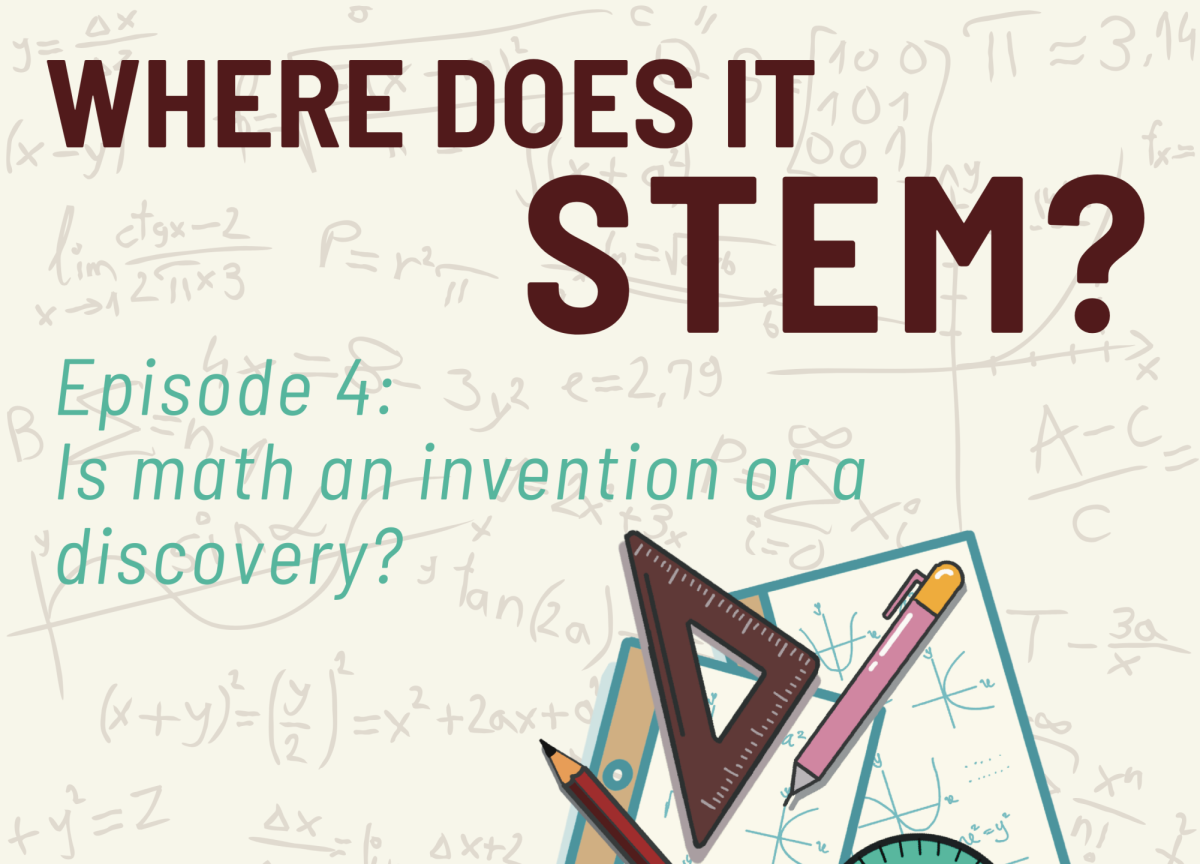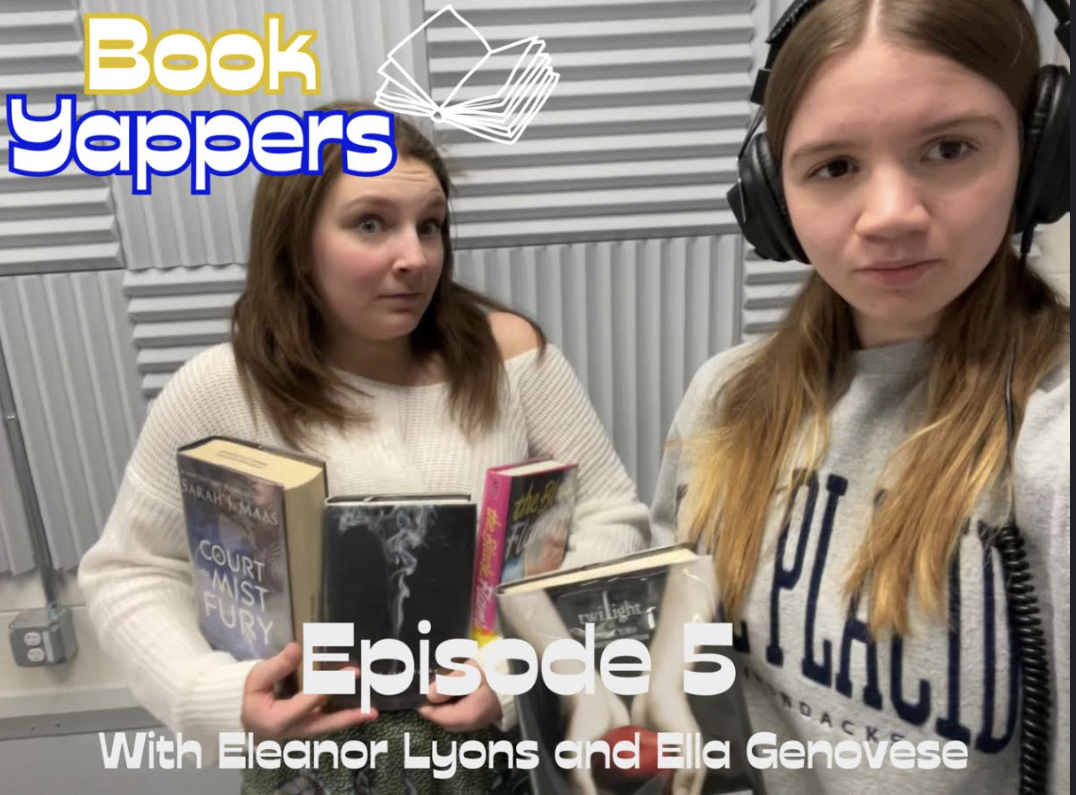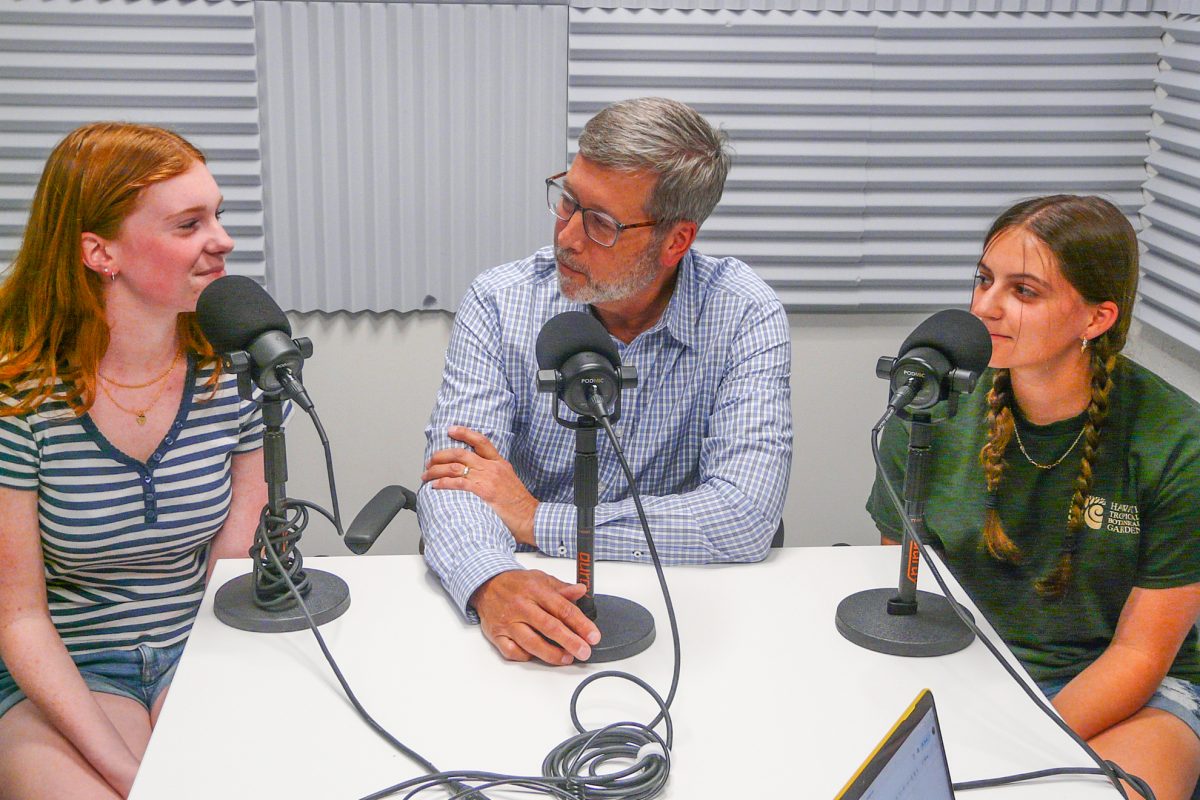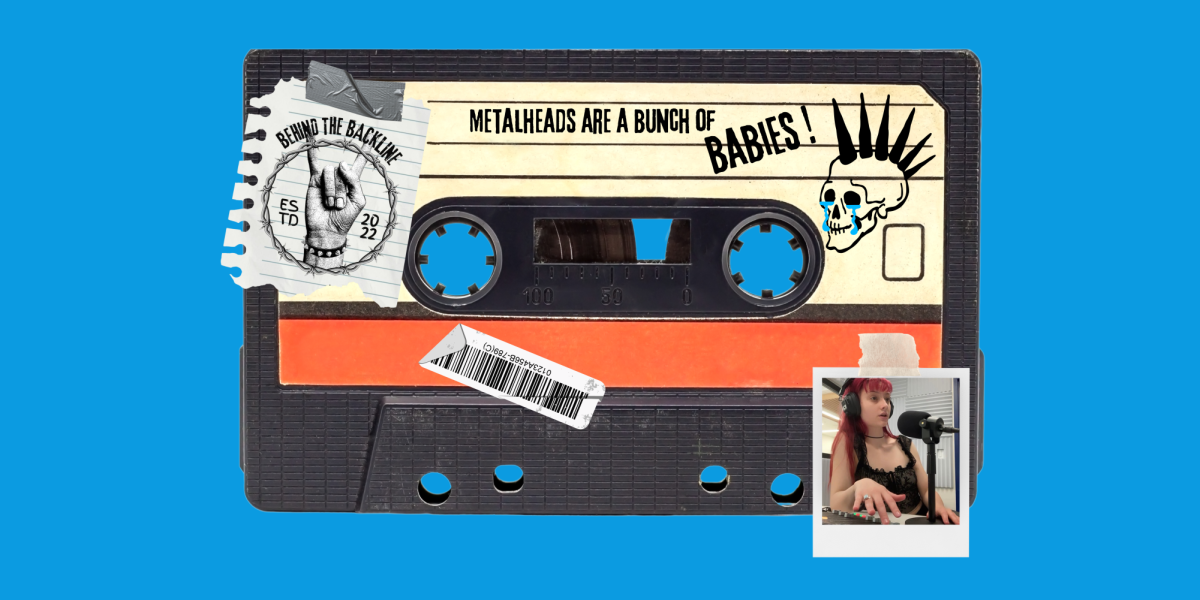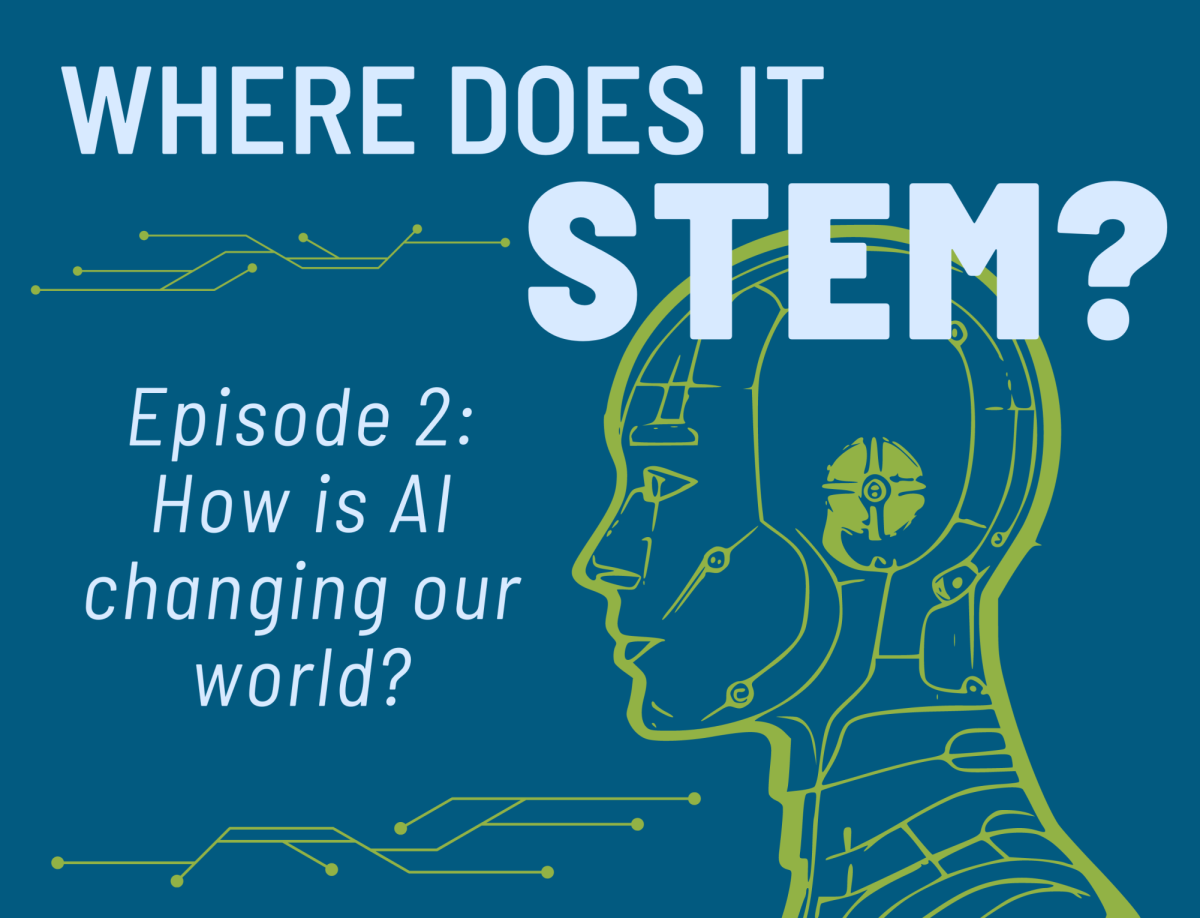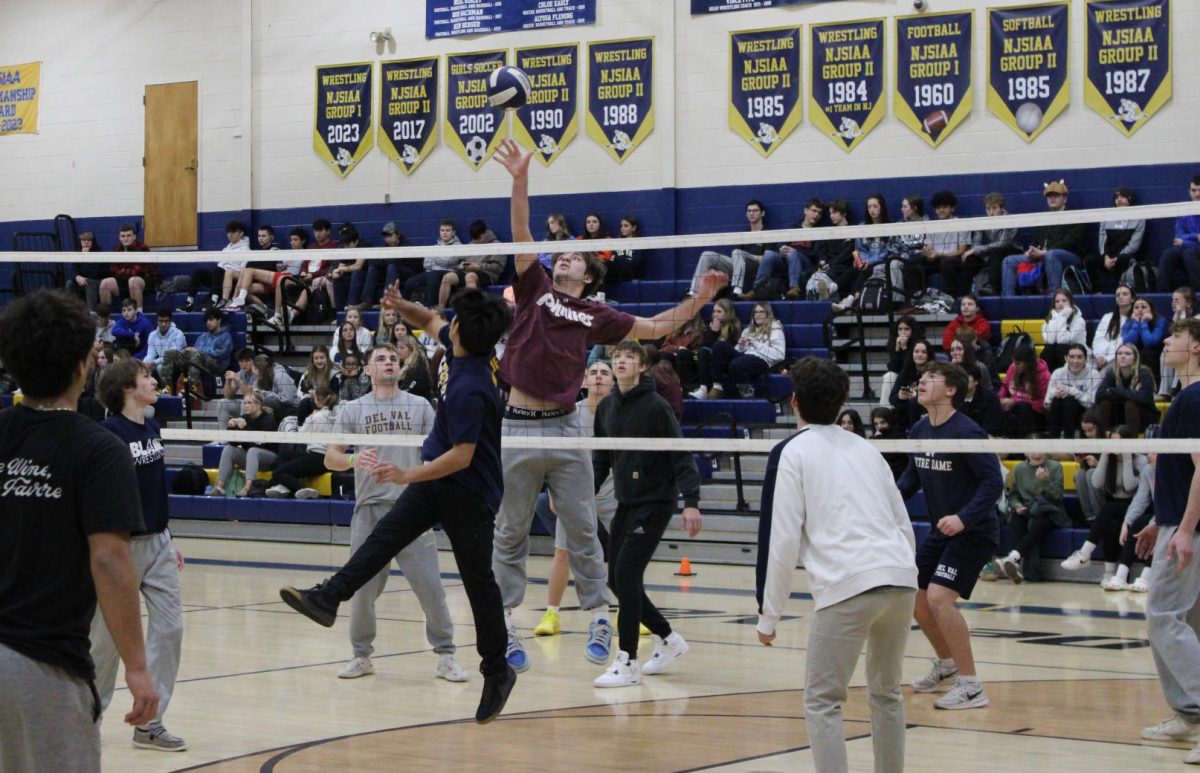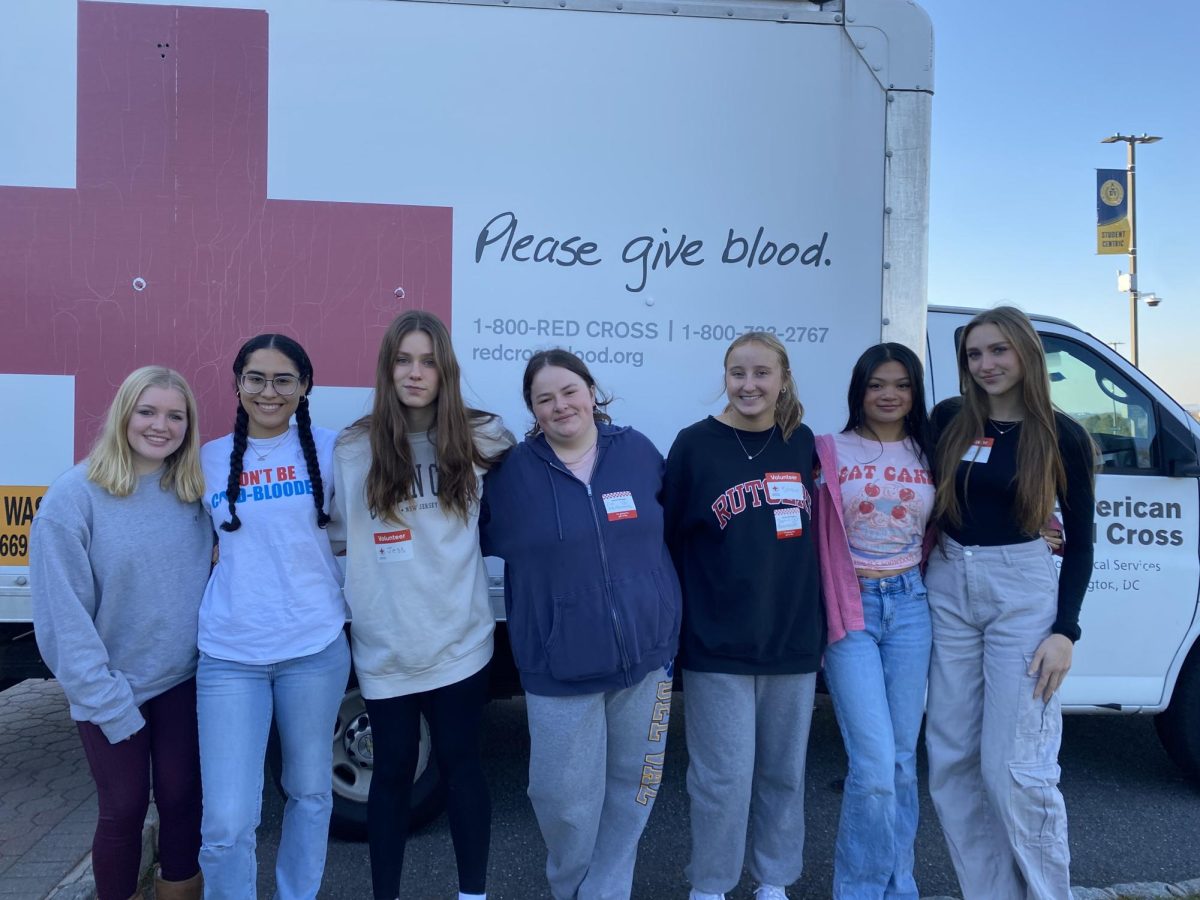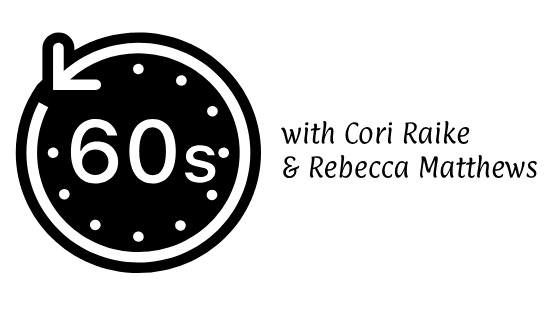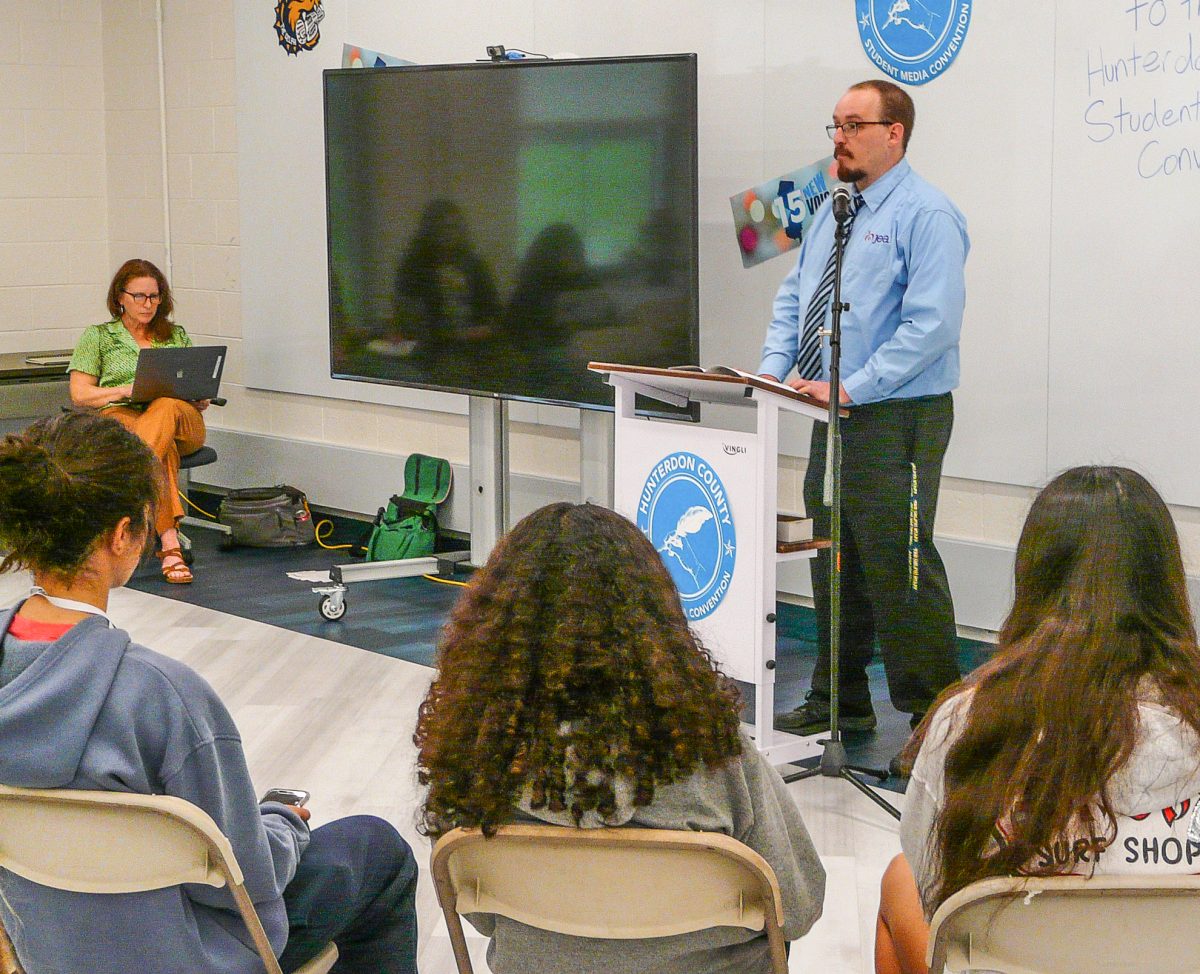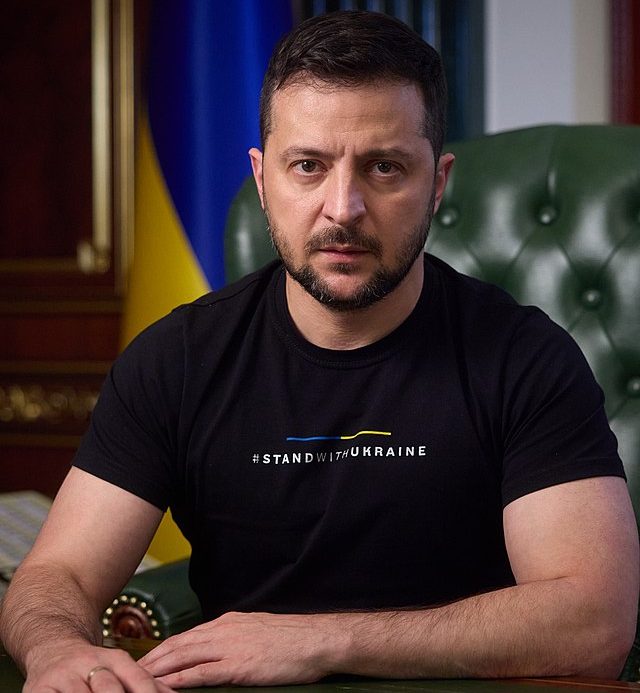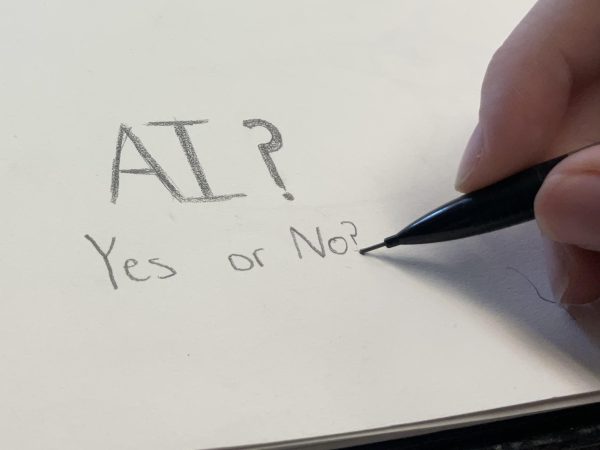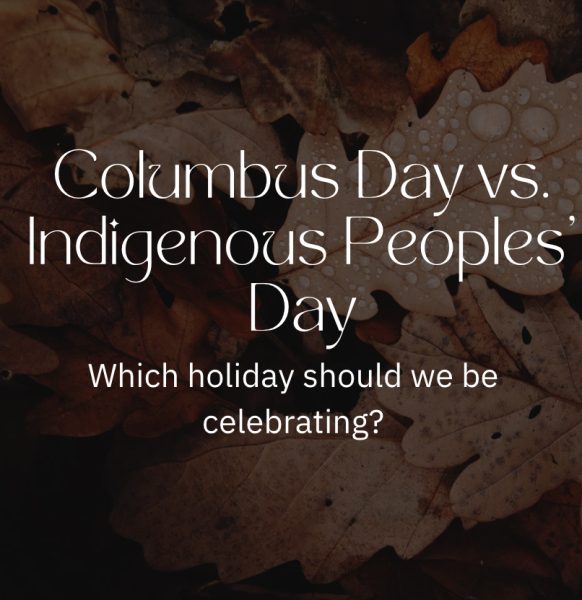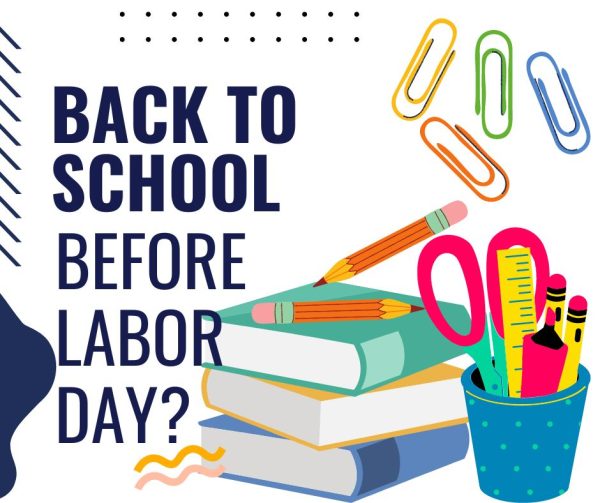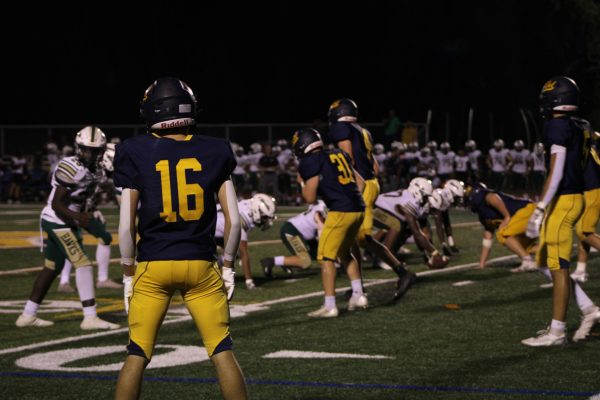War in Ukraine: the repercussions of the West’s miscalculations
Photo by Україна via Creative Commons Zero, Public Domain Dedication
The current president of Ukraine, Volodymr Zelensky.
On Feb. 24, 2022, Russia did the unthinkable. After remaining camped at the border of Ukraine for months, the Russian army invaded.
Over 10 months later, there is no end in sight.
In addition to the military casualties, according to the United Nations, over six thousand civilians have been killed and over six million people have been forced to flee their homes.
Although Putin has not made the progress he thought he would by now, he will not quit.
All the while, not just Ukraine, but the world, will continue to suffer.
Ukraine is one of the world’s largest providers of grain. Due to the conflict, the country has been greatly restricted in exporting the product, which led to shortages worldwide.
The war has detrimentally affected the economy. The conflict caused oil, gas and coal prices to skyrocket, which in turn led to inflation. Inflation has had a major impact on the U.S., even the Del Val community.
“From the grocery store to the gas station, you can definitely feel that everything is suddenly becoming more expensive,” said freshman Jocelyn Luengas.
However, looking back, perhaps calling Russia’s invasion of Ukraine “unthinkable” isn’t the correct term. Instead, maybe it would be better to call it “avoidable.” While Russia obviously pulled the trigger, there is also an argument that the U.S. and its allies made crucial mistakes that contributed to this catastrophe.
The better question to ask is “how did we get here?” To answer that question, we need to revisit the conclusion of World War II.
After Japan surrendered on Sept. 2, 1945, the power balance of the world shifted, leading to the emergence of two superpowers: the U.S. and the Soviet Union. During the war, the U.S. and the USSR had been allies for convenience. However, shortly after the war ended, relations between the two would sour.
Winston Churchill, then prime minister of England, admitted that the only issue that had brought the two powers together was a common hate for the enemy: Adolf Hitler’s Third Reich.
With Hitler gone, the U.S. and the USSR didn’t have much in common, especially not each nation’s form of social organization. While the U.S. and the West championed capitalism, the Soviets had recently turned to something radically different: communism.
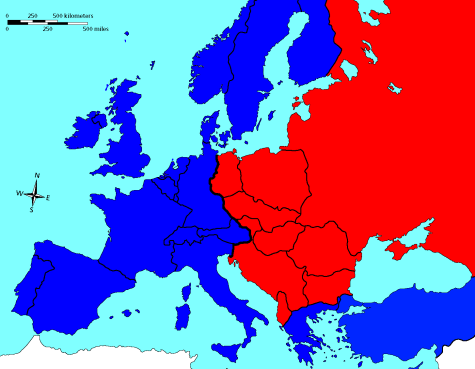
Naturally, the U.S. and its allies felt threatened by communism. It was something new, something unfamiliar and above all, a threat to capitalism.
The West believed that if countries were to turn to communism, then western ideals would be abandoned, and in the process, the West would lose its influence. It was this fear that worsened relations between Russia and the U.S., paving the road for the Cold War.
In the aftermath of WWII, the USSR successfully established control over most countries in Eastern Europe. These new members of the USSR became satellite states: countries that are formally independent, but under heavy influence from a different country.
The satellite states became known as the Communist Bloc, leading to the creation of the Iron Curtain, at first an imaginary boundary dividing Europe between Soviet and western influence, which evolved into a heavily fortified border.
The growing power of the USSR worried the U.S. and its allies, and on April 4, 1949, the U.S., Canada and several other western European nations met in Washington D.C. and founded the North Atlantic Treaty Organization.
The goal of NATO was to secure peace in Europe and counter the threats posed by the USSR.
In response to the foundation of NATO, the USSR formed the Warsaw Pact in 1955, made up of the USSR and its satellite states.
Russia clearly felt threatened by NATO, so much so that it felt the need to form the Warsaw Pact. The West should have taken Russia’s move as a warning sign, but it didn’t, which ended up being a crucial mistake.
Fortunately, no real conflict ever erupted between the two organizations. Instead, NATO and the Warsaw Pact seemed to balance each other out, and prevented one organization from becoming too powerful.
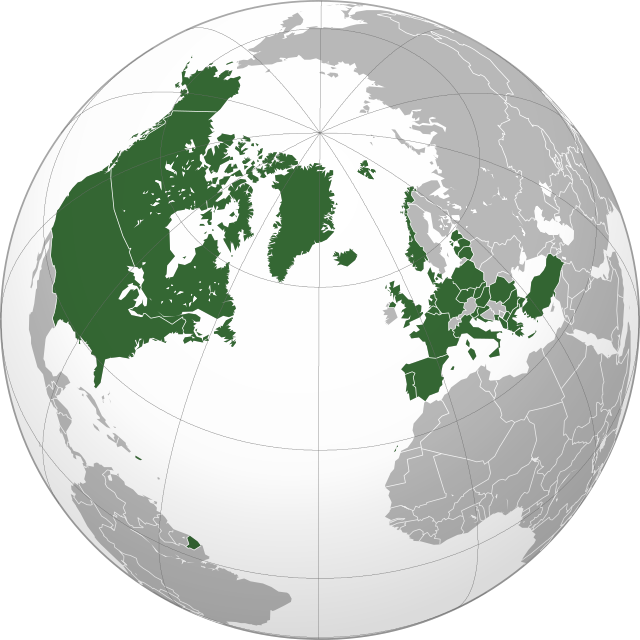
However, toward the conclusion of the Cold War, the Soviets’ influence began to diminish.
Due to economic troubles, members of the USSR began to revolt. First came the departure of three Baltic states: Estonia, Latvia and Lithuania. Several more members followed suit, including Ukraine.
On Dec. 25, 1991, the flag of the USSR flew over the Kremlin for the last time. The USSR was no more, instead replaced by 15 independent republics. The collapse of the USSR also brought about the closure of the Warsaw Pact.
The conclusion of the Cold War led to multiple theories as to how society would evolve coming forward. In his book, ‘The End of History and the Last Man,’ political scientist Francis Fukuyama predicted that peaceful cooperation would lead to benefits that would greatly outweigh any desire for conflict. The world was presented with a golden opportunity.
Now was the chance to fix relations between the West and Russia and prove Fukuyama correct. It was an opportunity to bring the world into a new age, one of harmony, one of unity. Instead, the exact opposite occurred.
Despite the dissolution of the Warsaw Pact, NATO continued to expand its borders eastward. While the West viewed this as a way to provide stability to its eastern flank, Russia naturally viewed this action as a growing threat to its western border.
Following the collapse of the USSR, NATO, in three waves between 1999 and 2009, incorporated former Warsaw Pact members Albania, Bulgaria, Hungary, Poland, the Czech Republic, Slovakia and Romania, as well as three former Soviet republics, Estonia, Latvia and Lithuania.
“There are those who believed that NATO overreached, overstretched, and as a result of this made Russia feel threatened,” said history teacher Paul Culcasi.
Perhaps the final straw for Russia came in 2008 at the NATO summit in Bucharest, Romania. During the summit, NATO announced that two countries could “someday” become members. Those two nations? Georgia and Ukraine, both former Soviet republics. Russia was outraged.
As a reaction to Ukraine’s desire to sign an accession agreement with the European Union, which Russia considered to be a proxy for NATO, Russia forcibly annexed Crimea, a province of Ukraine, and encouraged armed uprisings that resulted in the creation of breakaway territories in Ukraine’s eastern Donbas region.
This was where the West’s next critical mistake came into play. While it is true that Russia faced sanctions following the annexation, the Kremlin wasn’t subject to any real punishment.
The West was far too tolerant. If the West had decisively intervened in Crimea, perhaps the war in Ukraine could have been avoided. Instead, the West stood down, too afraid of sparking greater conflict, which is quite ironic seeing that the war in Ukraine has been the bloodiest conflict in Europe since WWII.
Russia was not finished. In December 2021, Russian tanks rolled up to the border of Ukraine. The events that followed have dominated headlines ever since.
The war in Ukraine has led to immense suffering for the Ukrainian people, but the effects of the war have also rippled worldwide.
Although Putin made the decision to invade, and Russia should absolutely be held accountable, the world should look at all aspects of the story. Following the conclusion of WWII, the West made decisions that have contributed to this horrific event.
”I think that if the West had attempted to improve relations with Russia, then the whole situation in Ukraine absolutely would have been avoided,” said freshman Taylor Negrin. “The West missed a crucial chance to ensure global cooperation.”
Let the war in Ukraine serve as a reminder, no, a warning, that the choices made today will determine tomorrow.
Your donation will support the student journalists of Delaware Valley Regional High School. Your contribution will allow us to attend conventions, purchase equipment and cover our annual website hosting costs.

Ellen Jordan is currently a freshman at Del Val. This is her first year writing for The Delphi. Ellen is involved with the high school soccer team and...



